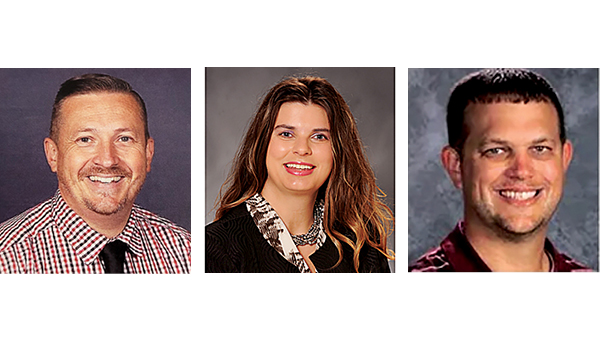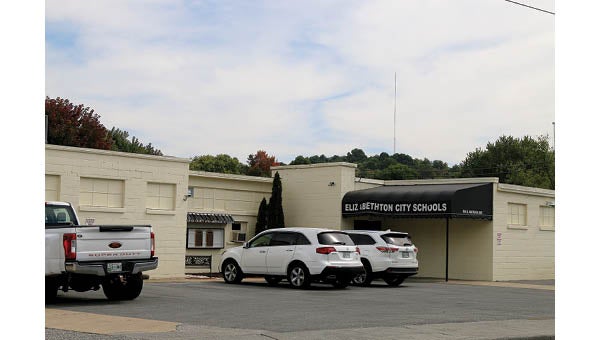ETSU faculty, student publish editorial on misinformation
Published 2:10 pm Wednesday, July 10, 2024
|
Getting your Trinity Audio player ready...
|
East Tennessee State University faculty Dr. Randy Wykoff and Dr. David Harker and Roan Scholar Leah Loveday recently authored an editorial in the American Journal of Public Health on the role public health professionals play in addressing misinformation.
Wykoff is dean of the ETSU College of Public Health and Harker is chair of the Department of Philosophy and Humanities in the ETSU College of Arts and Sciences. Loveday is an undergraduate student majoring in public health.
“Misinformation is a major challenge facing all aspects of our society, and health, health care and public health are no exceptions,” said Wykoff. “It is important to understand why misinformation is believed, in order to help address it.”
The article, titled “Addressing Misinformation: A More Nuanced Understanding for Public Health Professionals,” describes six types of misinformation and suggests ways health professionals may be able to counter them.
The six types are:
– Intentional
– Conspiracy-based
– Intuitive
– Identity-based
– Normalized
– Recent
“Misinformation causes people to act in ways that are contrary to their interests and goals,” said Harker. “Nowhere is the cost of misinformation more obvious than the areas of healthcare and public health.
“For any expert to communicate effectively, they must be sensitive to the reasons that their audience might dismiss reliable information in favor of ideas that are misleading or inaccurate,” Harker continued. “Our editorial provides a roadmap for some of those reasons.”
The editorial, which is available online, reflects the university’s hallmark interdisciplinary approach to researching critical issues and its commitment to giving students hands-on learning opportunities.
“I am extremely grateful to work with faculty dedicated to empowering undergraduate students through research,” said Loveday. “It has been rewarding to see how my contributions helped shape our editorial and has allowed me to become a more confident and informed young researcher.”
“This opportunity has equipped me with essential skills crucial for my future in public health, such as academic writing and revision and interdisciplinary collaboration.”
“So much information is so widely available that distinguishing what’s reliable from what’s misleading is critical to everyone,” said Harker. “A deeper appreciation for the various ways in which individuals might be misled can promote better decision-making for individuals and groups.”






